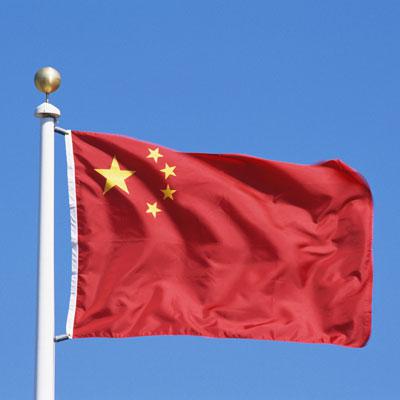Solution Providers In The Dark On Networking Vendors' Tariff Strategies

Despite the threat that President Trump's $200 billion in tariffs on Chinese goods could kick off a full-scale trade war and price increases across multiple sectors, solution providers selling networking gear from the industry's top vendors say potential impacts on their businesses are almost completely unclear.
Several solution providers contacted by CRN said they've heard nothing and received no guidance from their top networking vendors. Most are taking a "no news is good news" approach.
"We haven't seen or heard anything, and frankly, my personal feeling is we won't," said a top executive at a U.S. solution provider that works with several networking vendors, including Juniper Networks. "I believe the tariff issue will be resolved in the not-too-distant future."
"I haven't heard anything," said a senior executive at another North American solution provider that works with several vendors, including Cisco Systems and Dell EMC. "It's all quiet on the Western Front."
"I haven't seen any guidance [from Cisco] yet, and I'm not super concerned about it," said the CEO of a large, U.S.-based Cisco partner, adding that it's possible that Cisco's request for exceptions to the tariffs being levied on Chinese goods could be granted.
In fact, several consumer technology products have been exempted from the tariffs, which are set to go into effect Monday. Still, it's been rumored that Cisco and other networking vendors, including HPE and Dell EMC, are preparing to raise prices in response to the new trade regime.
A senior sales executive at a U.S.-based solution provider that works with Cisco said it's more likely that the networking giant will shift manufacturing to plants outside China, a move that has potential to cause other headaches for partners.
"Cisco could try to fulfill their needs from manufacturing plants and suppliers outside of China wherever possible, which could delay shipping, and we'd feel the impact of that in lead times that extend beyond what we normally do on many items," the executive said.
The industry's major networking vendors, including Cisco, HPE, Arista and Juniper manufacture products, have those products made for them, or use components made in China in equipment like network routers and switches and servers.
But while retailers like Walmart have warned that the tariffs could result in higher prices on scores of consumer products, the technology giants have been mum on potential pricing impacts on commercial and enterprise gear.
"Right now, we don't have anything official to share as things are moving very fluidly," a Cisco spokesperson said in an email to CRN.
An HPE spokesperson, in an email statement to CRN, acknowledged that the tariffs are likely to increase manufacturing costs, but stopped short of saying prices will increase, as well.
"We continue to believe that changes to an open-market system which has worked well for decades are not the way to go for our country and will impact our manufacturing costs and our company's ability to invest," the HPE spokesperson said. "Like most U.S. tech firms, HPE relies on complex global supply chains and is bound to face various challenges arising from these tariffs. In addressing those challenges, we will work closely with all our stakeholders to ensure we deliver the best-possible outcome for our customers."
The tariffs come with the market for routers and switches already treading uneven ground. Global switching revenue increased nearly 5 percent year-over-year in the second quarter, but was down almost 2 percent in the U.S., the world's largest regional market, according to research firm IDC.
Router market revenue fell 2.5 percent worldwide in the second quarter with U.S. revenue falling 16.5 percent, IDC said.